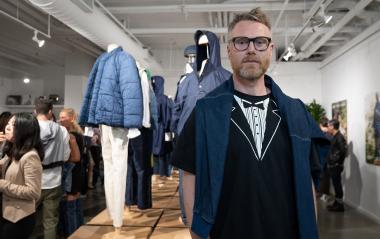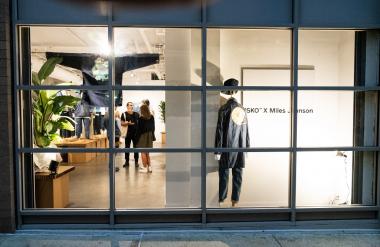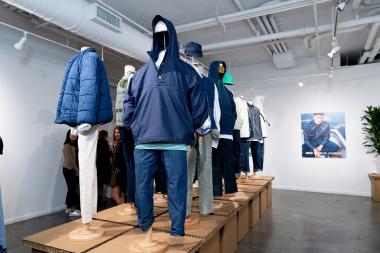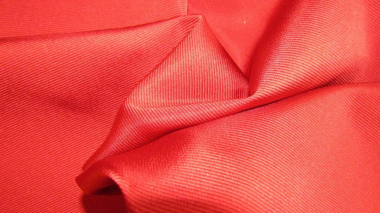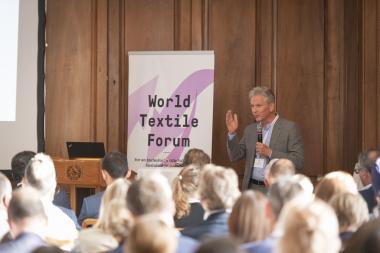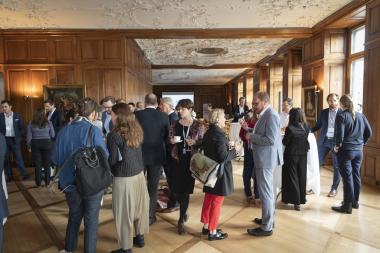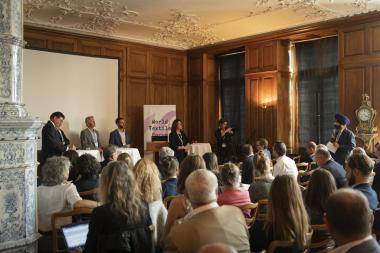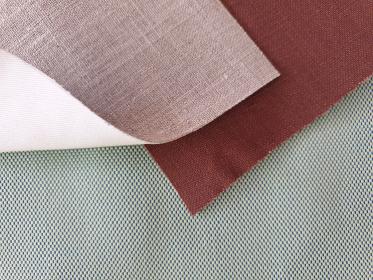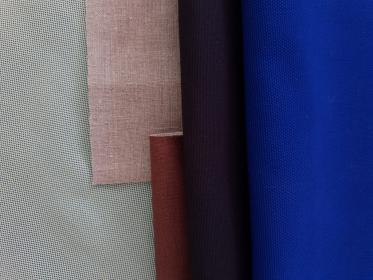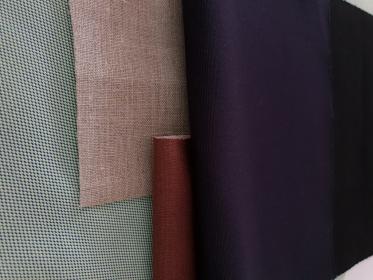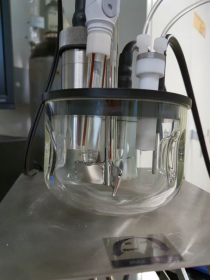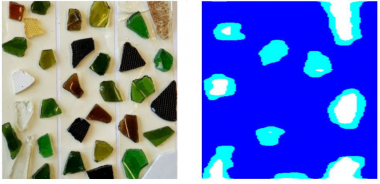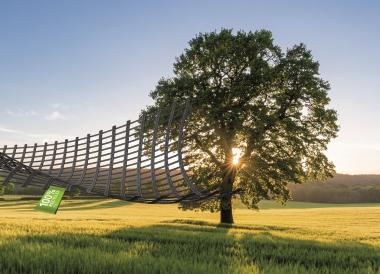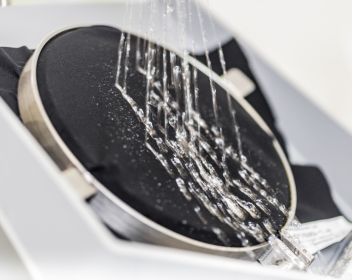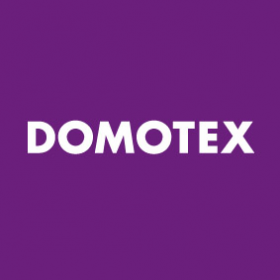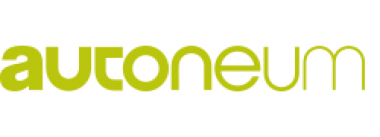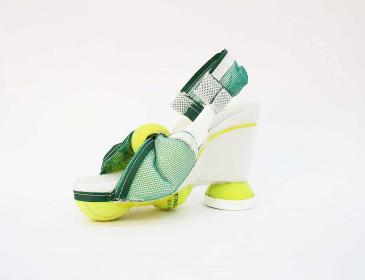Light on the Land - the new ISKO x Miles Johnson responsible collection
Miles Johnson and Creative Room™ designed a capsule collection “Light on the Land”, for men and women to showcase ISKO™’s R- TWO™ program.
As the world’s leading ingredient denim brand, ISKO™ is at the forefront of the sustainable and responsible fashion movement. ISKO™, who loves to partner with likeminded designers, brands and retailers in the industry that have a passion for Responsible Innovation™, is proud to announce its partnership with renowned British fashion designer Miles Johnson. Together they have created a visionary collection that will be launched at a private showing event on September 12th, at the Fremin Gallery in New York City.
For those who love denim and cherish the planet, this partnership is a perfect match as Miles is known for prioritizing sustainability and responsibility in his work. Miles has held leadership positions such as Design Director at Levi Strauss & Co. and Senior Creative Director of Product Design and Development at Patagonia, Inc., where he served as a pioneer in creating clothing using sustainably sourced materials. For this capsule collection, Miles worked side by side with ISKO™’s Research & Development team utilizing the ISKO R-TWO™ program which combines a mix of reused and recycled materials. The reused cotton comes from ISKO™’s own production loss, which they continuously track and trace. This has the CCS (Content Claim Standard) certification. They combine this reused cotton with recycled polyester derived from PET bottles. Depending on the content, fabrics can have the RCS (Recycled Claim Standard) certification or GRS (Global Recycled Standard) certification.
The creative direction for the collection takes form with “Light on the Land” and the whole collection is made using low impact materials and responsible finishing techniques. Miles and the ISKO™ team carefully crafted 34 designs at the Creative Room™ in Italy. The styles incorporate responsible design principles which include:
- Minimal washing;
- Removable trims made of eco-metal;
- Natural based buttons and labels;
- Green bar tacks;
- Embroidered rivets.
Environmental messages are embroidered on six of the pieces, by the artist Giulio Miglietta. The garments are built to last and the more you wear these pieces, the more beautiful they become.
Menabò Group srl


